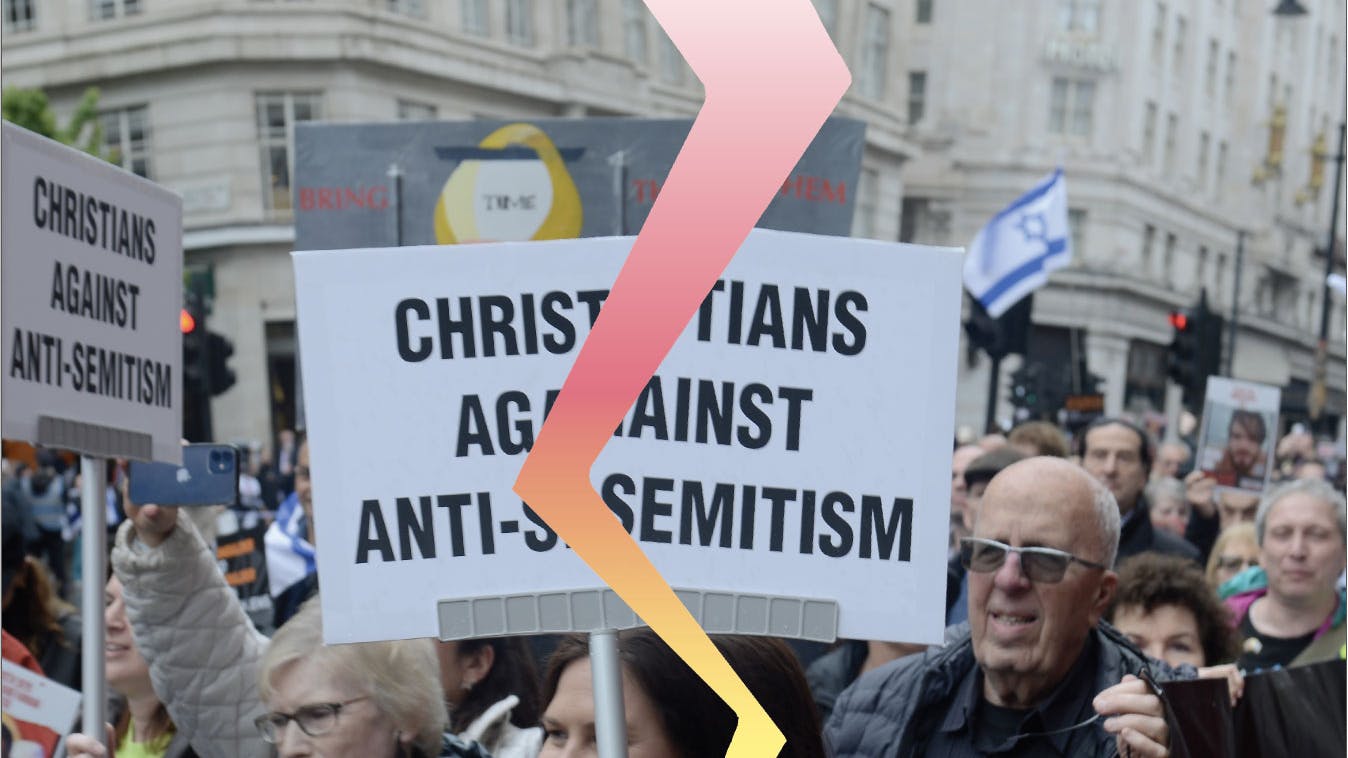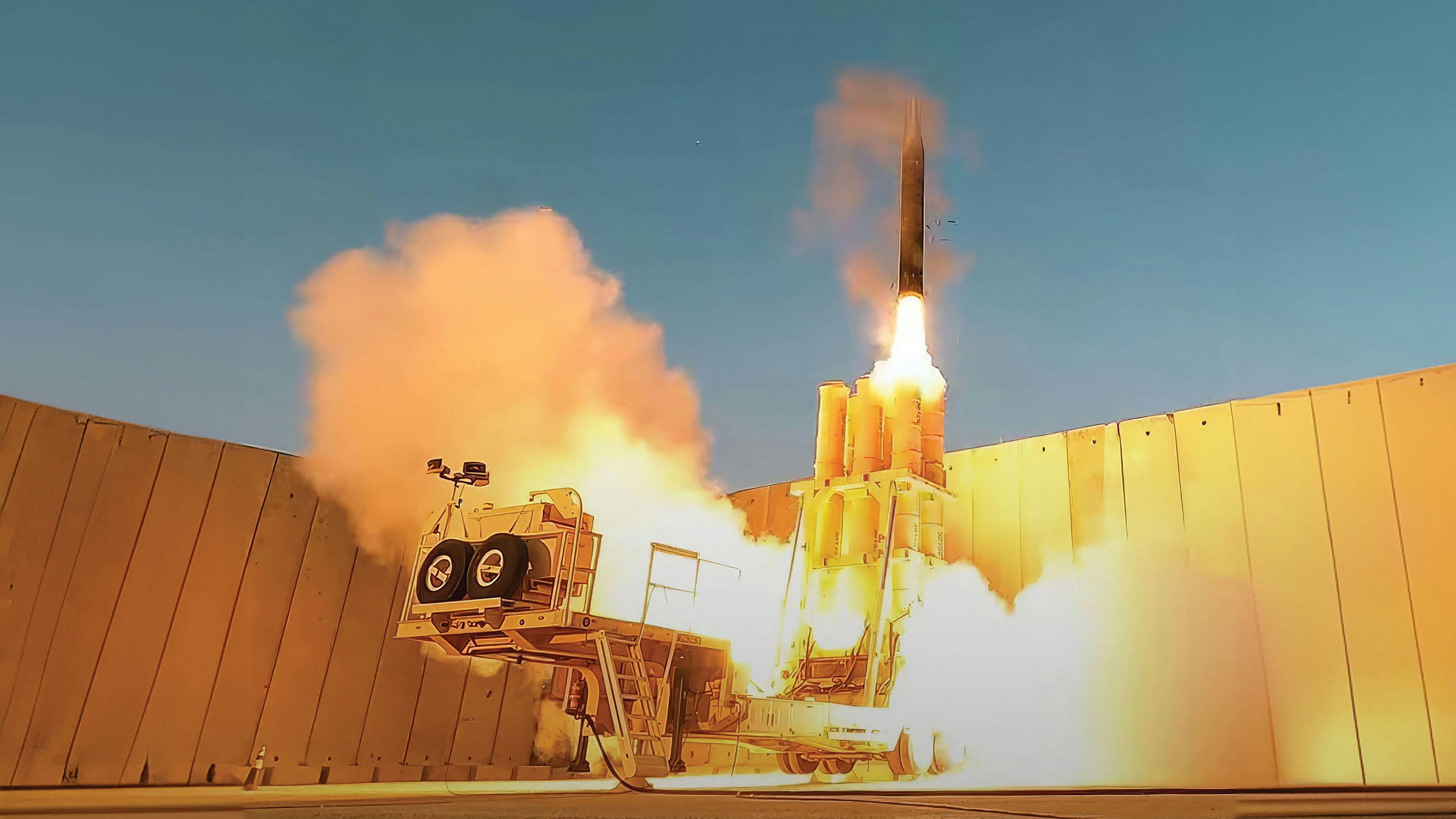Remembering Israel's October Wars

In every nation, there are events that shape the corporate memory of its citizens. For example, in the United States, people of my generation—the Baby Boomers—can tell you exactly where they were when they learned that President John F. Kennedy had been assassinated. All the Millennials and older remember how they felt on the day the jihadists hijacked planes and flew them into New York City’s Twin Towers, causing the deaths of 2,977 Americans and shattering the illusion that oceans on either side of our nation would protect us from terror.
This month, we mark the memory of not one but two events that have significantly affected Israelis and the Jewish people as a whole. First, we return to a day 52 years ago when the nation was observing the holiest day on its calendar, the day two Arab nations launched a vicious attack, the day the Yom Kippur War began—October 6, 1973.
Fifty-Two Years Ago
I recently heard an Israeli describe how he felt at 2:00 p.m. on Yom Kippur (Day of Atonement) 1973. “It was terrifying. All across the nation, sirens shattered the silence. It felt like the Day of Judgment had come.”
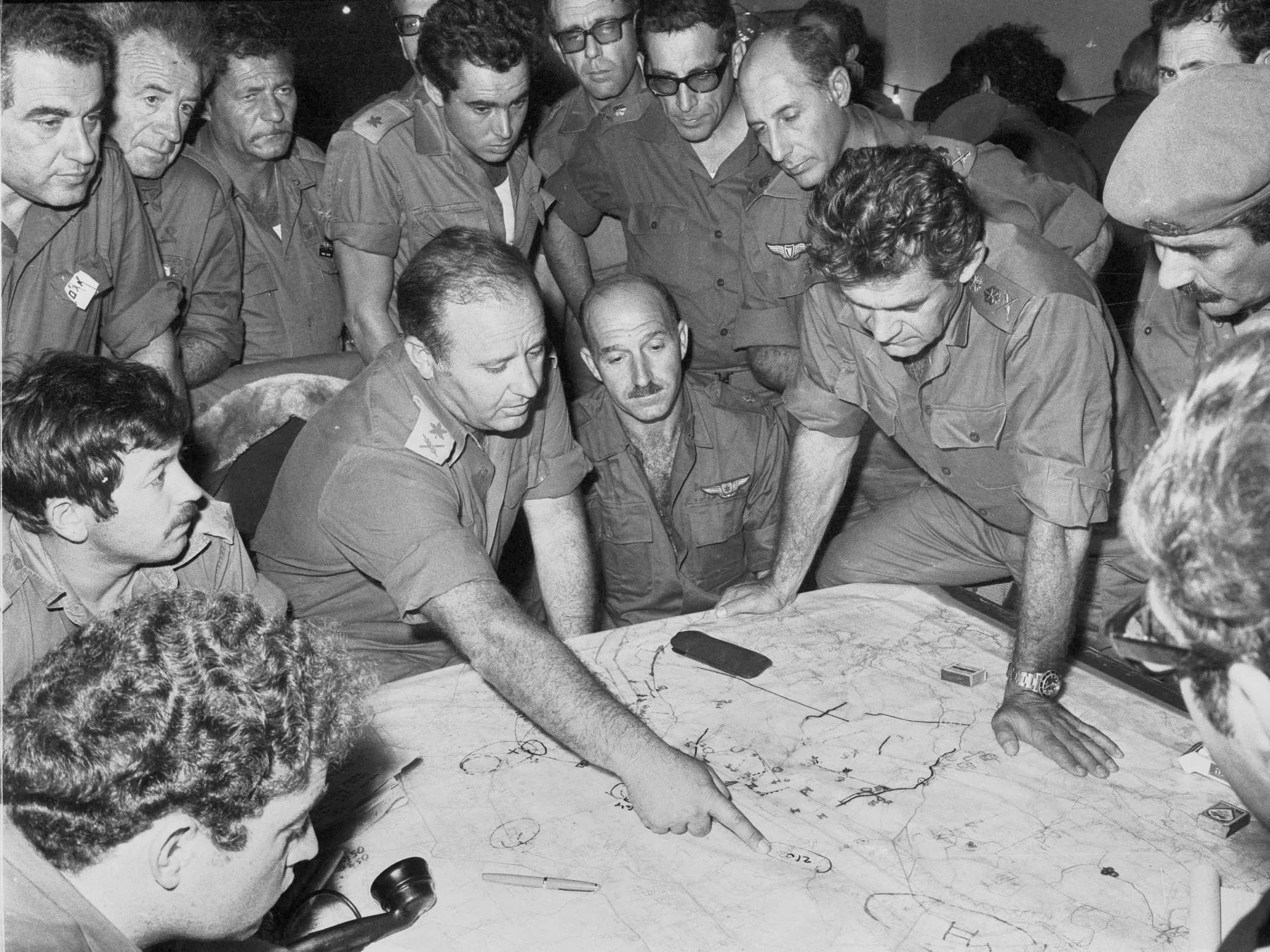
This was the first time in its modern history that the State of Israel had been taken by complete surprise as the armies of Syria and Egypt began their simultaneous attack from the north and south.
In his book The Battle for Israel, author and Bible teacher Lance Lambert writes, “The onslaught on both fronts was massive and terrible. There were more tanks on the Syrian front than in the 1941 German offensive against Russia which was two hundred miles [321 km.] long and involved 1,000 tanks. On the Syrian front, the Golan Heights, there were 1,200 tanks on a twenty-mile [32-km.] front and later at Sinai were fought the greatest tank battles in world history, greater even than the battle at El Alamein in the Second World War.”
The Yom Kippur War took a devastating toll on Israel in terms of casualties. The nation lost 2,691 men, a huge figure when considering that Israel’s total population at the time was just three million. In comparison, the death toll in the Six Day War was 776.
Most of the Yom Kippur War’s deaths occurred during the first two days of fighting, when entire units were wiped out. These stunning losses came just a few short years after the heady success of the Six Day War.
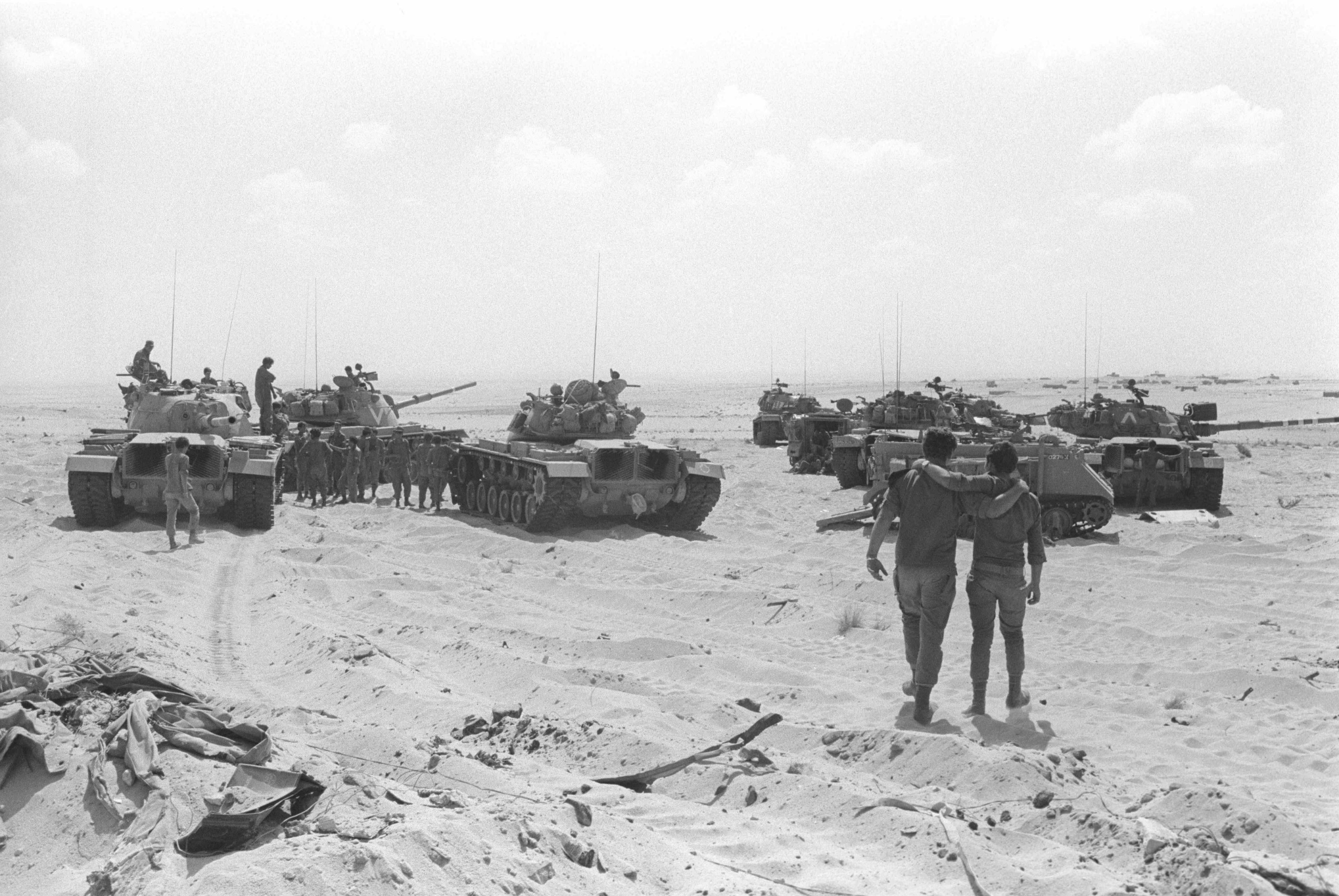
After the ceasefire had been signed on October 25, 1973, the nation fell into a period of deep despondency. Golda Meir, Israel’s prime minister at the time, put it this way, “There is no Jew in Israel who can say that he is the same today as he was on the eve of Yom Kippur. I don’t believe I will ever be the same.”
Fifty Years Later—Many Similarities
In addition to remembering the Yom Kippur War this month, Israelis cannot forget the horrific massacre of October 7, 2023, which itself holds certain similarities. Although the length of the current conflict—nearly two years at the time of this writing—is significantly longer than the month-long Yom Kippur War, there are many points on which the two are alike.Both attacks came when the Jewish people were observing one of the holy days on their calendar. While the recent tragedy did not happen on the most somber day of the year, perhaps it was even worse. This time, the attack occurred on Simchat Torah (Gen.–Deut.), a day when the Jewish people gather together to rejoice and celebrate. Instead, it became a day of unfolding horror as frantic text messages came from the communities of the south where unimaginable brutalities were taking place against a helpless civilian population.
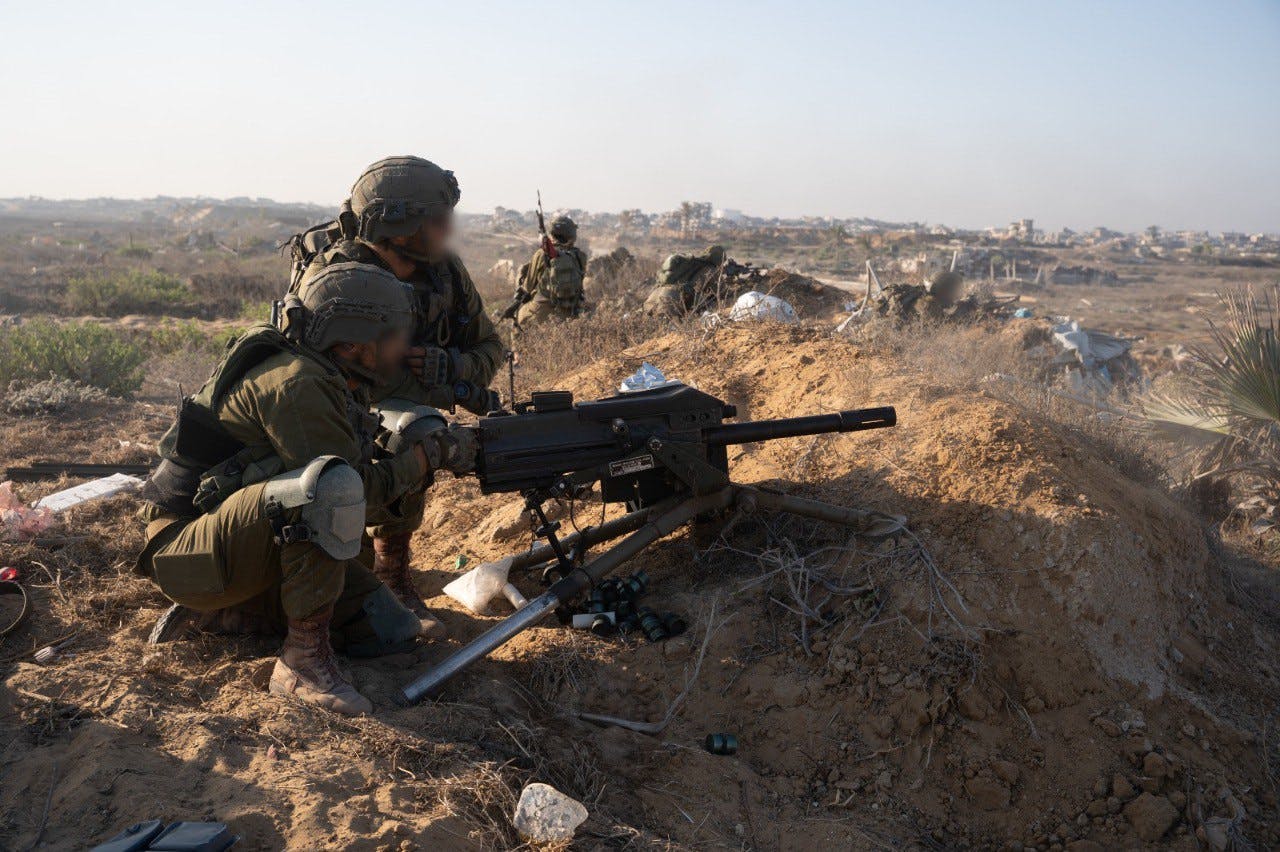
A second striking similarity is the fact that Israel was caught off-guard both times. Intelligence about troop build-ups by the Egyptian and Syrian armies in the months leading up to October 1973 did not lead to the conclusion that an attack was imminent. Again, in 2023, IDF field observers reported suspicious activity along the border fence with Gaza. Due to a false sense of security within the military establishment, these reports were not acted upon, thus resulting in a complete surprise on the morning of October 7.
Alone in a Community of Nations
The way the nations of Europe acted during the Yom Kippur War was a precursor to their actions at the UN today, which have resulted in the isolation that Israel finds itself in. Similar to today’s refusals of help, 52 years ago, Israel stood nearly alone too. She faced two armies that had been well-equipped by the then-Soviet Union, and desperately needed help from her sole ally, the United States. However, that help was delayed until the tenth day of the war.
Lambert writes, “The delay was caused almost completely by the refusal of America’s so-called allies, particularly Britain, to grant facilities to the United States for refueling her planes. Britain was so bitter about the airlift that she persuaded her NATO allies to fight it. Germany refused to allow the United States to take weapons from her bases on German soil and put them on Israeli ships in Bremen and Hamburg. Eventually Portugal opened up the Azores to United States transport planes and Israel was saved.” The world today almost entirely believes the media spewing vitriolic and false charges against Israel. She stands accused of committing genocide, killing innocent Gazan civilians at humanitarian aid stations or allowing them to die of malnutrition by preventing that aid. The UN unabashedly criticizes Israel as she continues the war she has been forced to fight against an enemy which seeks her annihilation.
The Story Isn’t Over
As we remember these two wars, it is quite evident they are merely part of one seamless attempt to remove the Jewish people from the face of the earth, a continuation of the hatred of her enemies that is actually a hatred of God. One day, a reckoning will come to all who “take crafty counsel against Your people, and [have] consulted together against Your sheltered ones…[saying] ‘Come, and let us cut them off from being a nation, that the name of Israel may be remembered no more’” (Ps. 83:3–4).
Until that day, let us somberly remember the great number of Jewish lives that have been lost in all her wars. Let us also remember one of the many promises written in Scripture: “‘I will plant them in their land, and no longer shall they be pulled up from the land I have given them,’ says the Lord your God” (Amos 9:15).
The final word always belongs to the Lord.
Related Resources

Discover Your Purpose and God’s Heart For You
In today's divided, turbulent world, it's essential for the Church to rediscover God's heart. Our free e-book, authored by a seasoned expert with three decades of experience in Israel, delves deep into the teachings of Jesus (Yeshua) to reveal God’s principles of love and purpose. Learn how embracing these truths can bring significance and impact to your life, even amidst chaos. Subscribe now to receive your free copy and embark on a journey of transformation.

